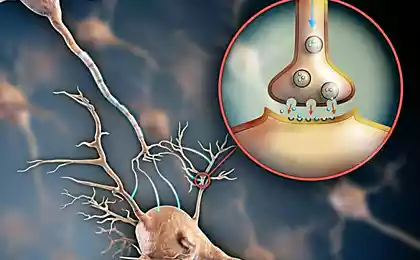242
Why some people eat everything and don't get fat: a scientific view

Why some people eat everything and don’t get fat: a scientific view The question of why some people can eat almost without restrictions and still remain slim worries many. This phenomenon, which seems mysterious at first glance, actually has a scientific basis. Let's look at the key factors that explain this phenomenon.
Genetic FeaturesGenetics plays a significant role in determining human metabolism. Some people have genetic characteristics that allow them to burn calories more efficiently and store less fat. This may be due to differences in hormonal levels, metabolic rates, and even the body's ability to process certain types of food.
High MetabolismMetabolism or metabolism is the process by which our body converts food into energy. Some people have a faster metabolism, allowing them to burn more calories even at rest. This may be due to both genetic factors and lifestyle (eg, regular exercise).
Muscle MassPeople with more muscle mass expend more energy, even when not engaged in vigorous activity. Muscle consumes more calories than fat tissue, so people with developed muscles can consume more calories without the risk of gaining weight.
Eating Habits and BehaviorSometimes a person may appear to be eating a lot, but in reality they may be eating smaller quantities or choosing low-calorie foods. It's also important to consider your overall lifestyle, including physical activity and total daily calorie intake.
Hormonal Background Hormones also play an important role in weight regulation. For example, the hormone thyroxine, produced by the thyroid gland, affects metabolic rate. Problems with the thyroid gland can lead to changes in weight.
Gut Microbiome Research shows that the composition of the gut microbiome can influence how we digest food and what substances we absorb from it. The microbiome can vary significantly from person to person, which can also affect the tendency to gain weight.
Conclusion Thus, the ability of some people to remain lean despite an apparent lack of dietary restrictions is due to a number of factors, including genetics, metabolic rate, muscle mass, eating habits, hormonal levels and the composition of the gut microbiome. It is important to understand that each body is unique, and what works for one person may not work for another.























